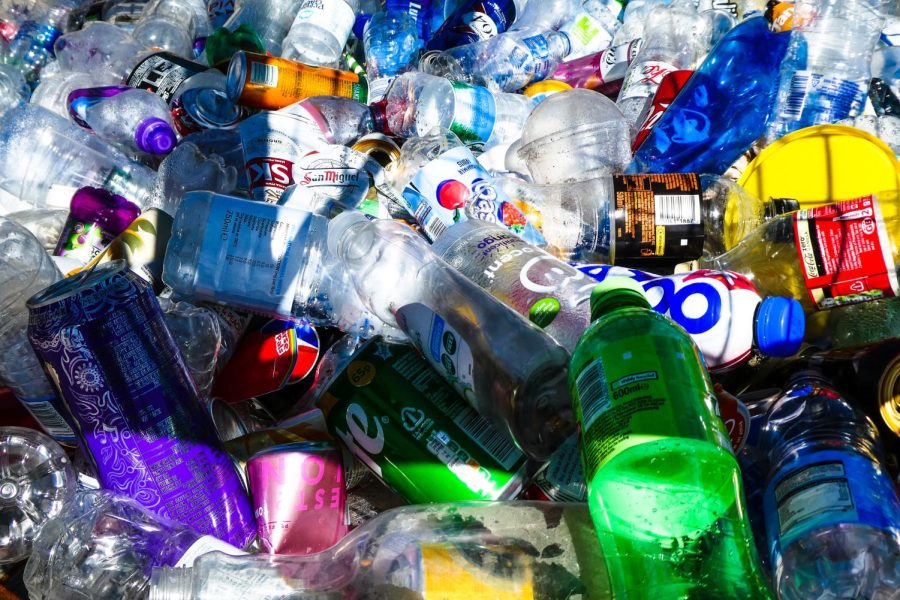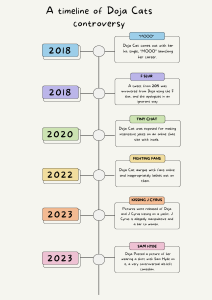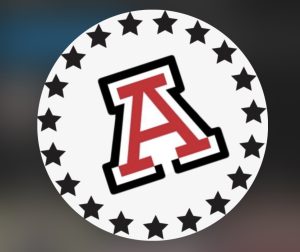Covid Affects Recycling at JAHS
February 11, 2022
Many U.S. Citizens are unaware of the difference between recyclable materials vs non recyclable ones, and a good amount of the materials tossed into the bin aren’t getting recycled. Recycling in the United States has come to a crossroads. There are many known benefits to recycling if done correctly, however, U.S. citizens aren’t informed of the need to know rules in order to effectively recycle. Many of the items that people put into recycling bins aren’t truly recyclable because they aren’t sorted correctly.
In Ohio, current news sources reveal what’s going on in landfills in Central Ohio. According to The Columbus Dispatch, “more than 75% of Franklin County’s landfill has the potential to be reused, recycled, or composted instead of simply being landfilled.” The use of plastic in Ohio increased during the pandemic, and the waste produced during 2020 grew by 30% compared to the previous statistics from 2019.
At Jonathan Alder, Mr. Hayes says we do in fact recycle. According to Hayes, “paper is mostly what gets recycled at the high school.” There are certain regulations with plastic, and paper products are guaranteed to be picked up and delivered to the right place. Hayes says JAHS has a recycling company that comes and picks up the collected recyclable materials. This service only takes the paper materials and either leaves the plastic waste behind, or picks it up and delivers it to the landfill.
The dumpster for recycling is located out behind the school by the field house. Mrs. Calland, a science teacher at JAHS, says one of the tough parts of recycling is getting the collected materials back to the recycling dumpster. Calland used to monitor the recycling through her environmental science class–students would take care of recycling on Fridays as part of the curriculum. However, Calland no longer teaches environmental science and because of that, along with the pandemic, there’s no longer a staff member monitoring this process.
Hayes and Calland were in agreement that the lack of recycling bins in each classroom is part of the problem of recycling at JA. Some classrooms have one, some have two, and others have none. There isn’t an equal distribution of the bins between classrooms and they’re not as accessible. Hayes says, “the bins could be in the janitor’s office or with the cleaning supplies.” With other things returning to pre covid conditions, recycling is one of the next projects on the agenda. According to Hayes, people are currently working on finding and distributing those bins to make recycling more accessible at JAHS.









